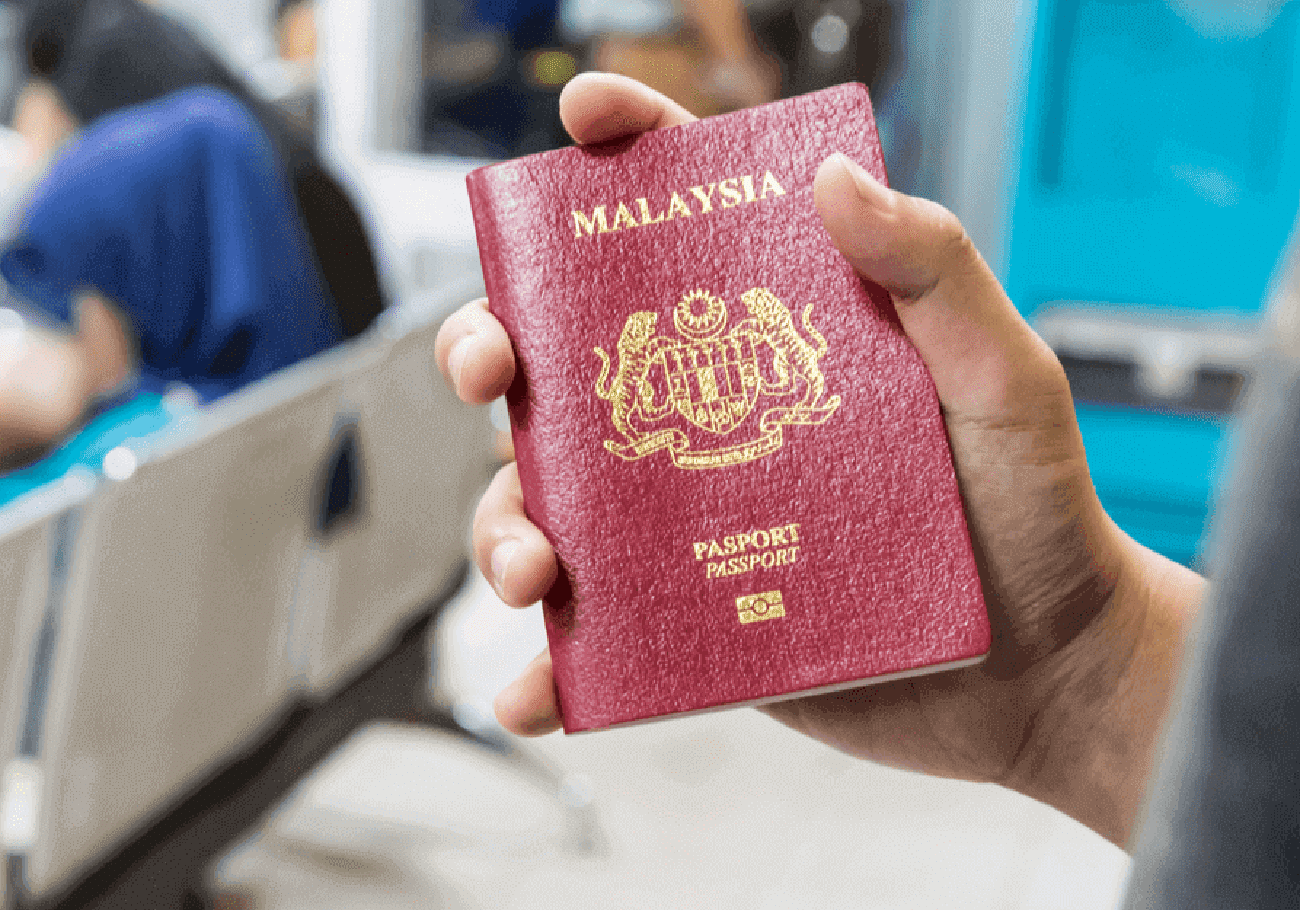Even as human beings continue to subject other sentient beings to forced confinement to satisfy a variety of human experiences, the Five Freedoms, globally accepted as standards for good animal welfare, must be upheld. They are ;
|

SPCA Selangor applauds Johor Zoo’s quick response to public feedback by relieving Paloh the baby elephant of her chains and putting her in a bigger enclosure in the company of another young elephant, Jeli.
Even as human beings continue to subject other sentient beings to forced confinement to satisfy a variety of human experiences, the Five Freedoms, globally accepted as standards for good animal welfare, must be upheld. They are ;
|
Football legends from Manchester United and Liverpool engage Malaysian fans in exclusive event ahead of Battle of the Reds 2024 clash.
Discover Malaysian Batik's intricate beauty at IKAT 2.0 Penang Edition. Free admission to immersive experiences, workshops, and fashion showcases.
Iconic legends lineup unveiled for Battle of the Reds match tonight, showcasing star-studded squads and meticulously crafted championship trophy.






Get the latest news on community, culture, lifestyle and trending stories from around the world.